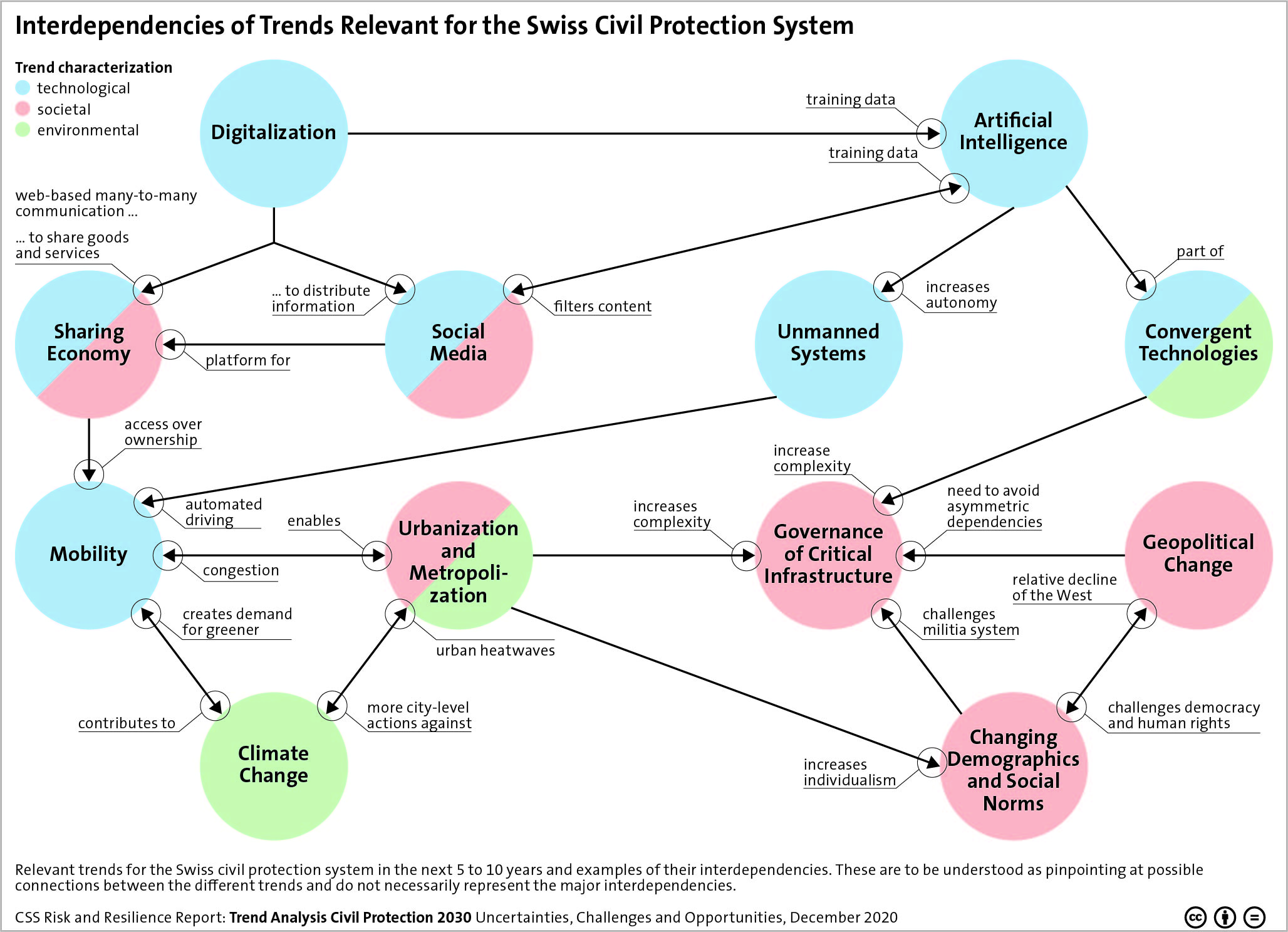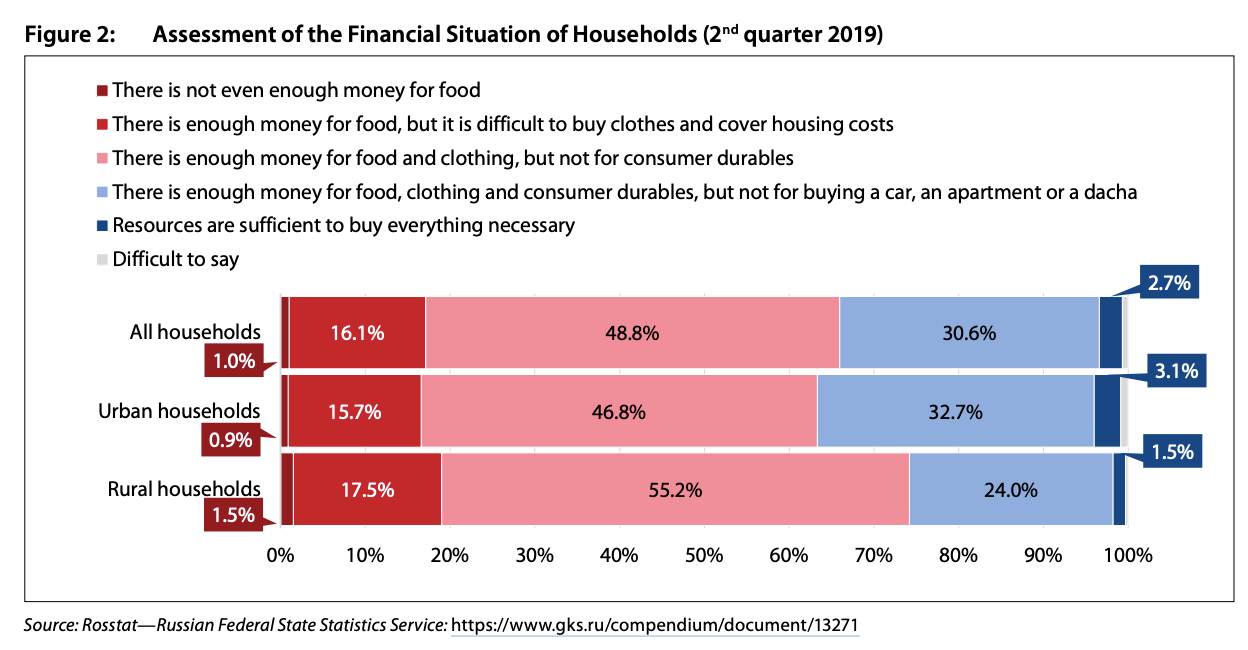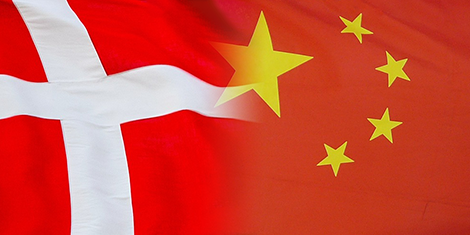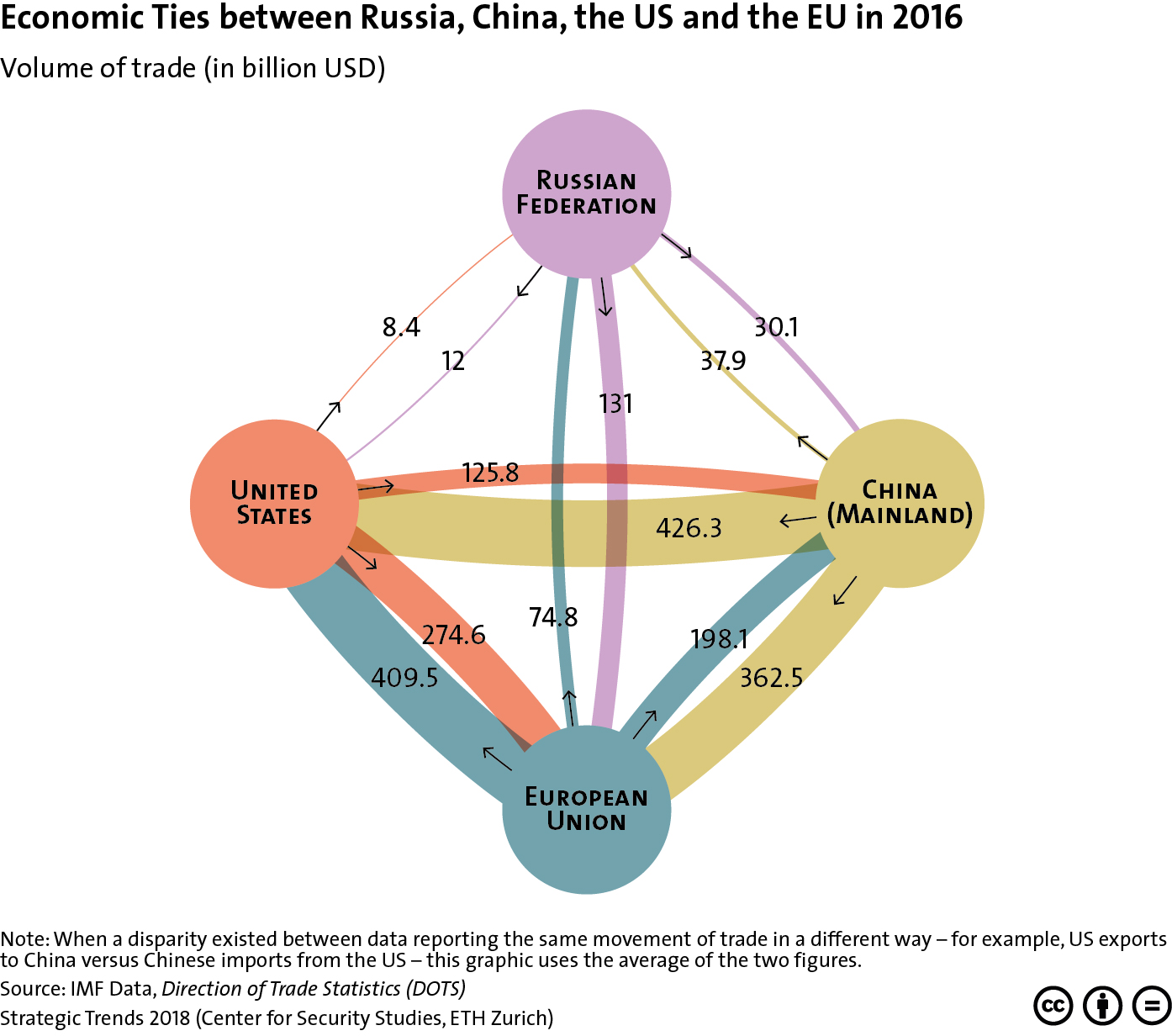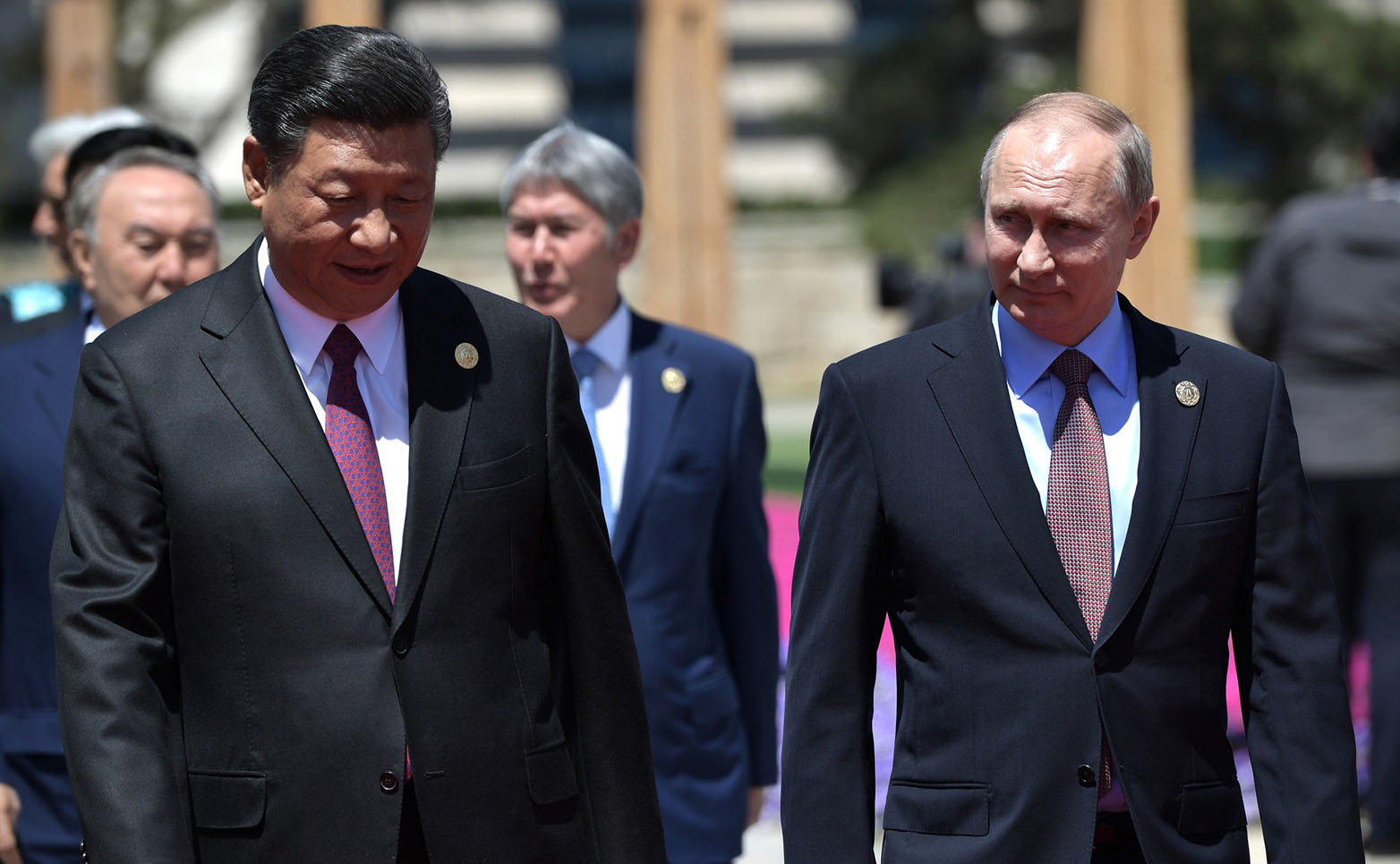
Image courtesy of The Russian Presidential Press and Information Office, CC BY 4.0 <https://creativecommons.org/licenses/by/4.0>, via Wikimedia Commons
The quiet compliance of Chinese companies with Western sanctions against Russia highlights a critical dilemma for Beijing: China’s continued dependence on the United States and Europe in strategic sectors of the economy restrains its political objectives vis-à-vis Russia. This forced trade-off will further strengthen Beijing’s resolve to reduce critical economic dependencies and to bolster its resilience against potential future sanctions.

